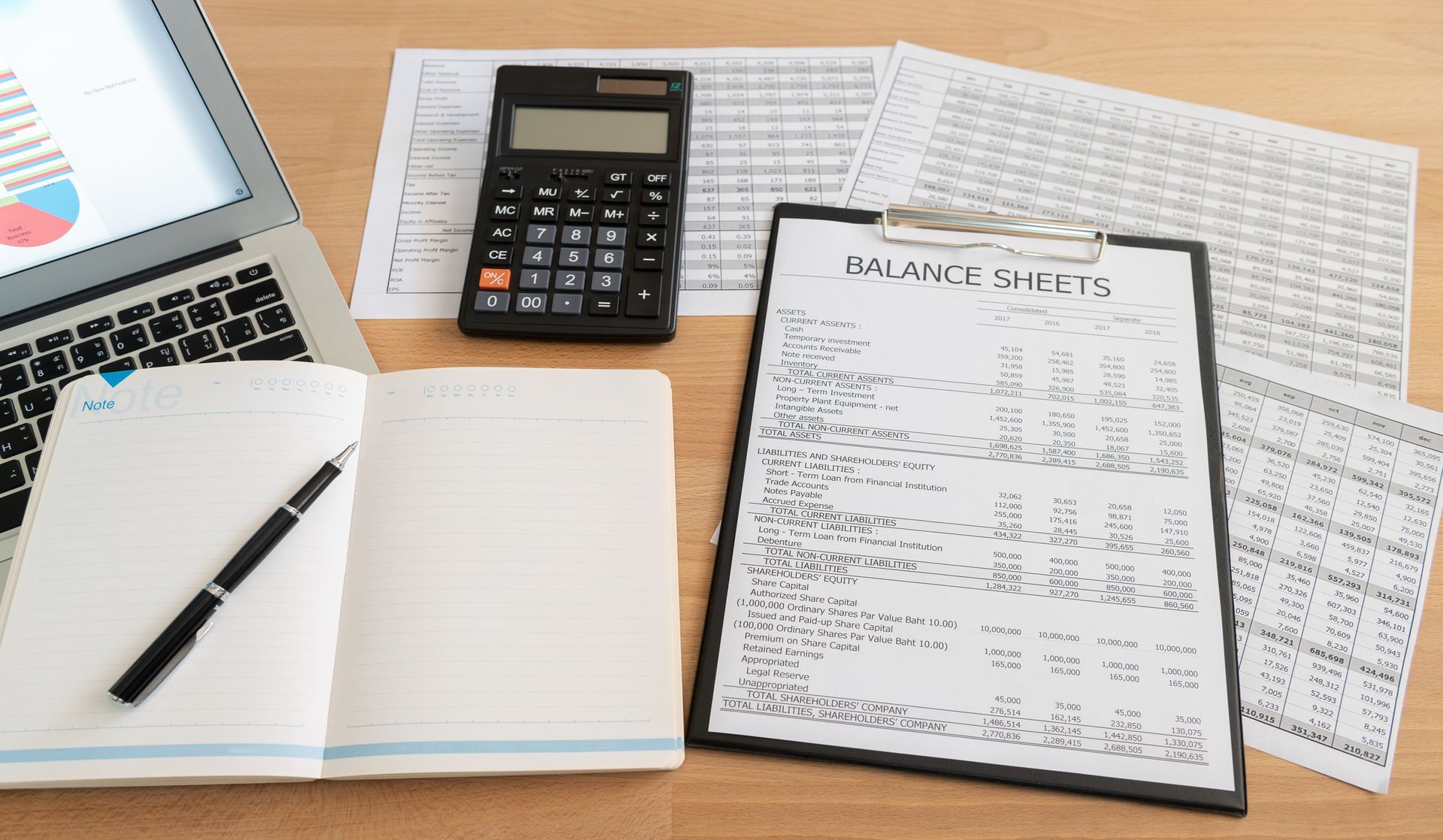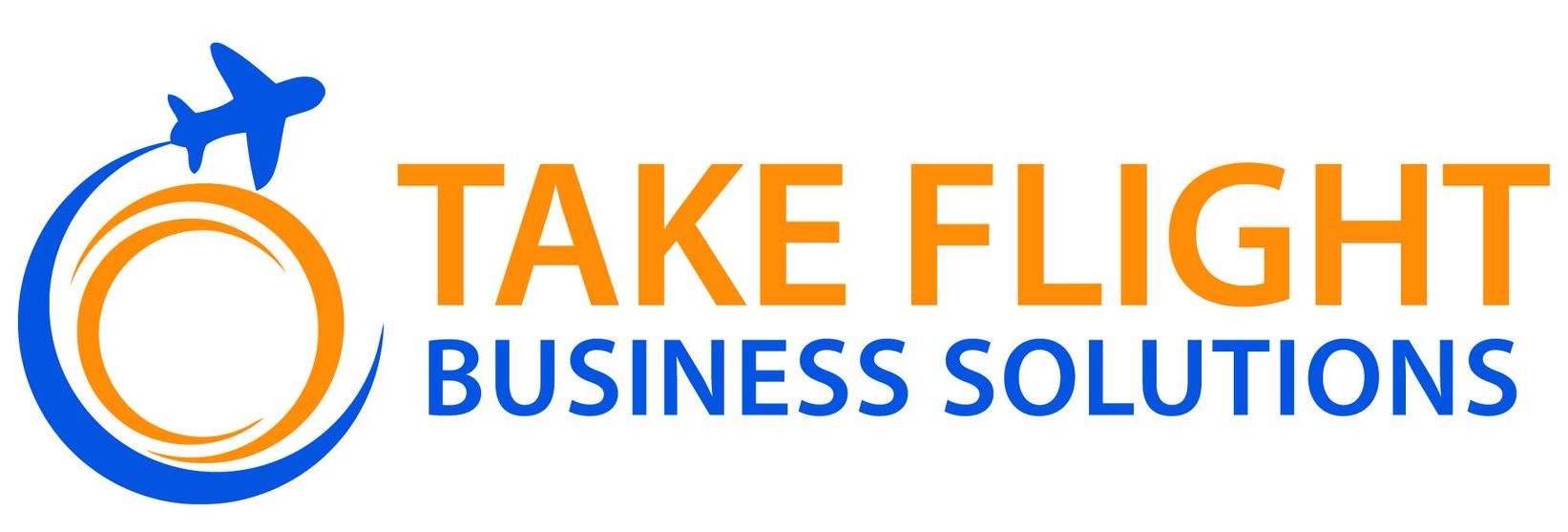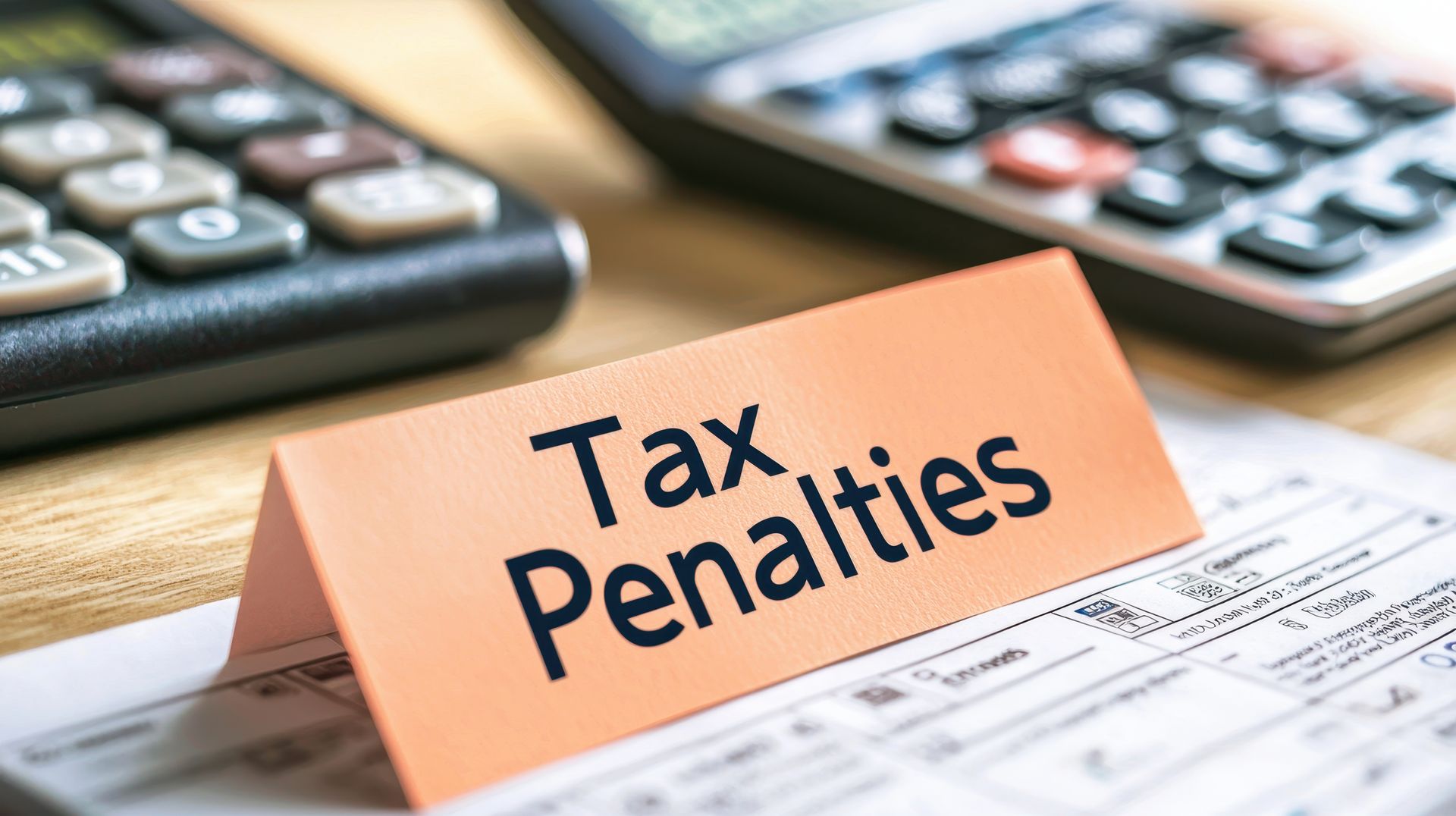How Much Should a CPA Cost a U.S. Small Business Owner?
How Much Should a CPA Cost a U.S. Small Business Owner?

Navigating the financial landscape of a small business can be a daunting task. This is especially true in a country with a complex tax system like the U.S. For this reason, many business owners turn to Certified Public Accountants (CPAs) for assistance. However, a common question that arises is: how much should hiring a CPA cost a small business owner?
Understanding the Role of a CPA
Before delving into the costs, it's essential to understand the role and benefits of a CPA. A CPA is not just someone who prepares taxes; they can provide valuable financial advice, ensure compliance with state and federal regulations, assist with payroll, and offer a plethora of other services that can guide the growth and sustainability of a business.
Factors Influencing CPA Costs
The cost of hiring a CPA varies, and several factors can influence it:
- Location: Typically, CPAs in metropolitan areas or states with a high cost of living might charge more than those in rural areas.
- Experience and Specialization: A CPA with years of experience or specialization in a specific industry, like tech startups or e-commerce, may have higher fees. Their expertise can provide nuanced insights, potentially saving the business money in the long run.
- Services Required: A business requiring only annual tax preparation will likely pay less than one needing monthly financial statements, payroll services, or strategic financial planning.
- Firm Size: Large firms with significant overheads might charge more than smaller practices. However, they might also provide a broader range of services and resources.
Price Structures
CPAs might charge in various ways:
- Fixed Fees: Some CPAs offer package deals for specific services, like annual tax preparation, which can range from $500 to $5,000 or more, depending on the complexity.
- Hourly Rates: This is a common pricing method, especially for consultation or unplanned services. Rates can vary from $100 to $400 an hour, based on the aforementioned factors.
- Retainers: For ongoing services, some CPAs may charge a monthly retainer. This ensures that the business has consistent access to their services whenever needed.
- Project-based: For unique projects, a CPA might charge based on the project's scope and complexity.
Estimating the Costs
Given the variables, it's challenging to pin down an exact number. However, to provide a ballpark:
- A small business with minimal transactions and straightforward finances might spend anywhere from $500 to $2,000 annually for tax preparation and occasional consultations.
- A more complex operation, with payroll, inventory, and multiple revenue streams, might spend between $2,000 to $10,000 or more, especially if they require regular consultations, monthly financial statements, or other services.
Cost vs. Value
It's essential to frame the discussion around value rather than just cost. A quality CPA can save a business significantly more than their fees. They might identify tax deductions, provide insights into cash flow management, or offer strategies to capitalize on financial opportunities. The peace of mind they offer, ensuring that the business remains compliant with all regulations, can also be invaluable.
Tips for Hiring a CPA
- Determine Needs: Before seeking a CPA, define what services the business needs. Is it basic tax preparation, financial advice, or broader financial management?
- Ask for Recommendations: Fellow business owners can provide valuable insights into their experiences with CPAs. Their recommendations can guide one towards a CPA that's right for their business.
- Interview Potential CPAs: Before hiring, meet with a few CPAs. Discuss their experience, especially within the industry, and get a feel for their working style.
- Clarify Fees Upfront: To avoid surprises, discuss fees and billing methods at the outset. Understand what's included in the fee and what might incur additional charges.
- Consider Future Needs: A small business might have different needs in its early stages compared to when it grows. Consider a CPA who can cater to the business's needs both now and in the future.
Conclusion
Hiring a CPA is an investment. For a U.S. small business owner, understanding the costs involved is crucial. However, more importantly, it's essential to recognize the value a CPA can bring to the table. Their expertise can streamline operations, ensure compliance, and foster growth. While the costs might vary based on various factors, the peace of mind and potential financial savings and growth they offer can make their fees well worth the investment.












